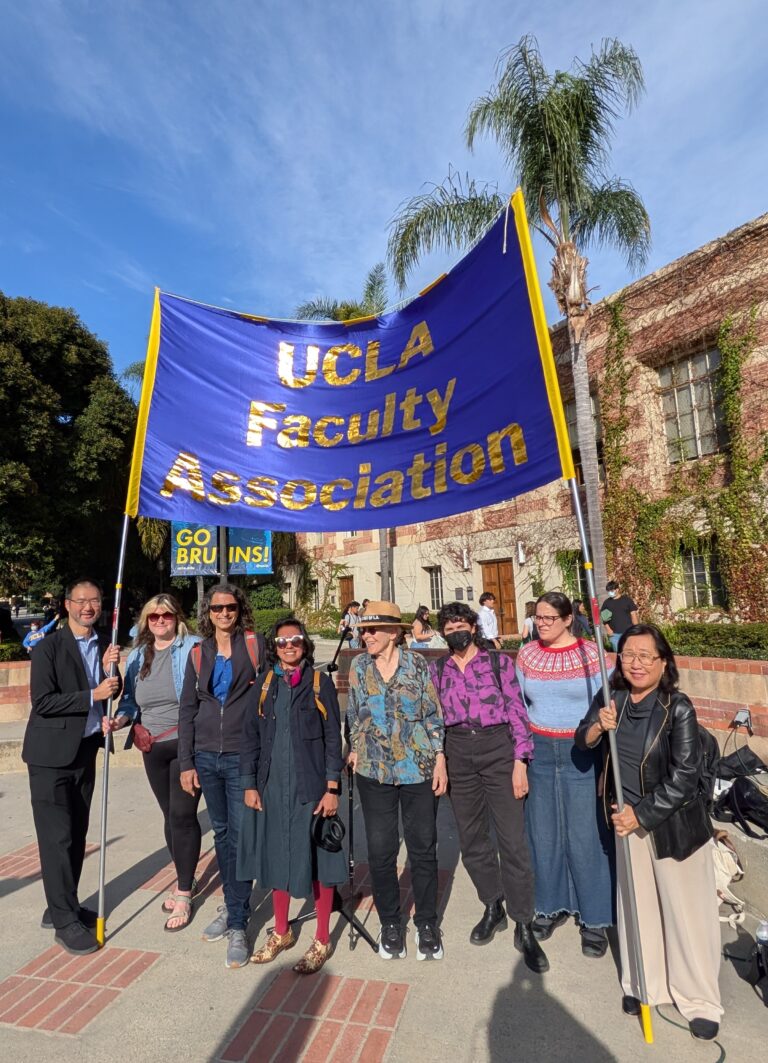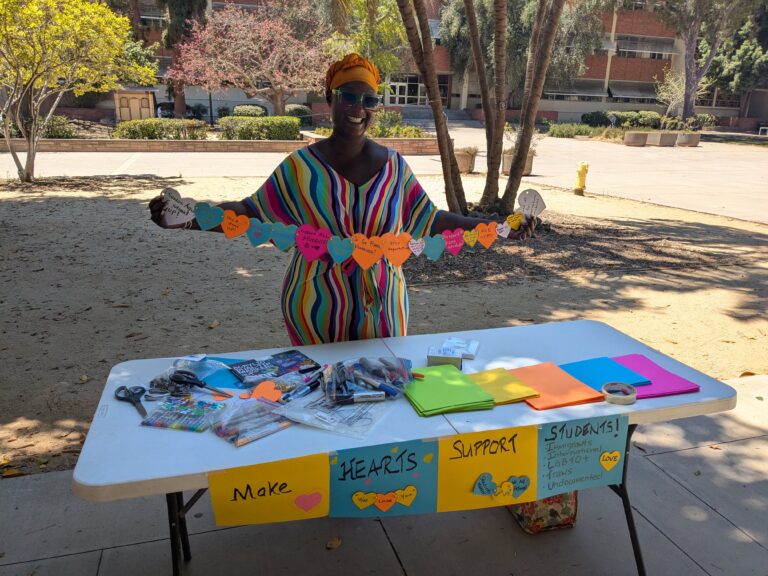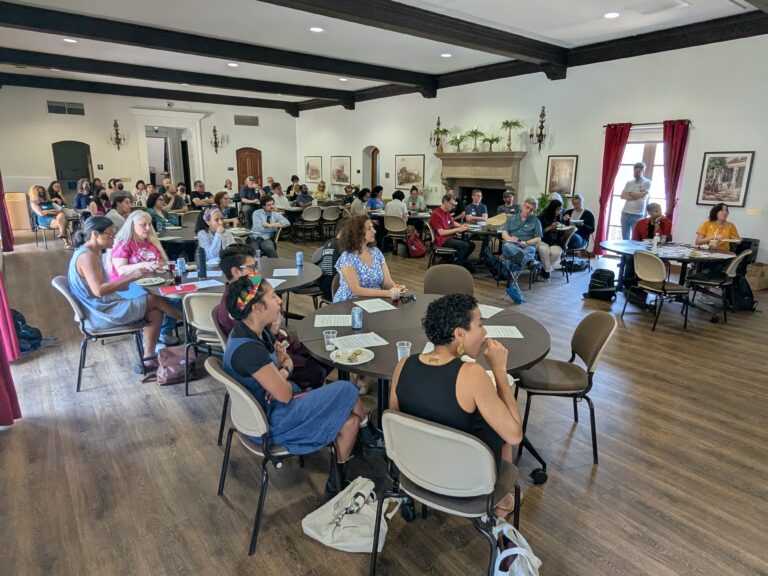FAQs Part Three: More Q’s About Grading
This is the third in a series of CUCFA’s FAQ’s about the UAW strike. The first set of FAQs is available here. The second set is available here.
Q1: Who will be responsible for the grading when the strike is resolved?
A1: If a settlement is reached before the end of the current quarter/semester, your existing ASE may be able to complete the grading, but only if it fits within their contractual workload limits. If a resolution is not reached until the next quarter/semester, an agreement about grading may be part of the settlement between UC and UAW. If not, then departments will need to hire ASEs on new contracts to complete that work. CUCFA advocates for this additional labor to be centrally funded rather than a departmental responsibility.
Q2: Can I submit P/NP grades on campuses where that option exists for students and where they had done enough to pass the class before the strike started without picking up struck work?
A2: The option to provide P/NP grades on some campuses does not alter the fact that the calculation of a passing grade is ordinarily work performed by ASEs, so it remains struck work.
Q3: If all the labor of calculating grades was already completed before the strike, or my ASE was not on strike and has graded all work, should I submit grades?
A3: In this case, you should submit grades unless you have chosen to honor the picket line and withhold your labor from the university.
Q4: Can I volunteer to perform some of my ASE’s grading work for students with exceptional circumstances and still maintain my HEERA protections?
A4: Faculty who are refusing to perform struck work could volunteer to do some small amount of struck work to provide grades to individuals with exceptional circumstances. This should be done sparingly and may not be necessary, as many campuses have made contingency plans for impacted students.
Q5. How should faculty handle grades for graduate courses numbered 299 or 500?
A5. Faculty should exercise caution with course numbers like 299 and 500, where the sole purpose of enrolling in those courses is to work as a Graduate Student Researcher (represented by SRU) or Teaching Assistant (a position represented in the ASE unit). Communications that “interfere with, restrain, or coerce employees because of their exercise of rights guaranteed under HEERA,” including the right to strike, violate Section 3571(a) of HEERA. UAW has already filed unfair labor practice charges for this kind of action. Their lawyers have sent a “cease and desist” letter to UC labor relations and labor relations offices on each campus. Although faculty are generally unlikely to be found supervisory or managerial employees under HEERA, they can still exercise institutional authority or take adverse actions against UAW members, and faculty should ensure that their actions are not construed as interfering with or discriminating against employees for the exercise of protected rights. Additionally an “unsatisfactory” grade in one of these courses could not only be construed as retaliation, but it could also put grads in “poor academic standing,” which can lead to loss of health insurance or visas.



